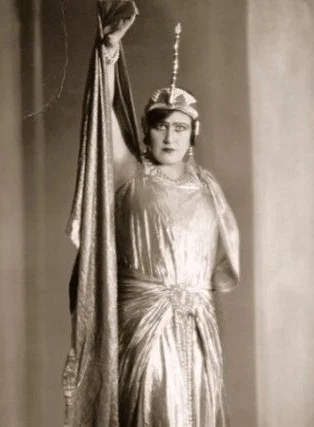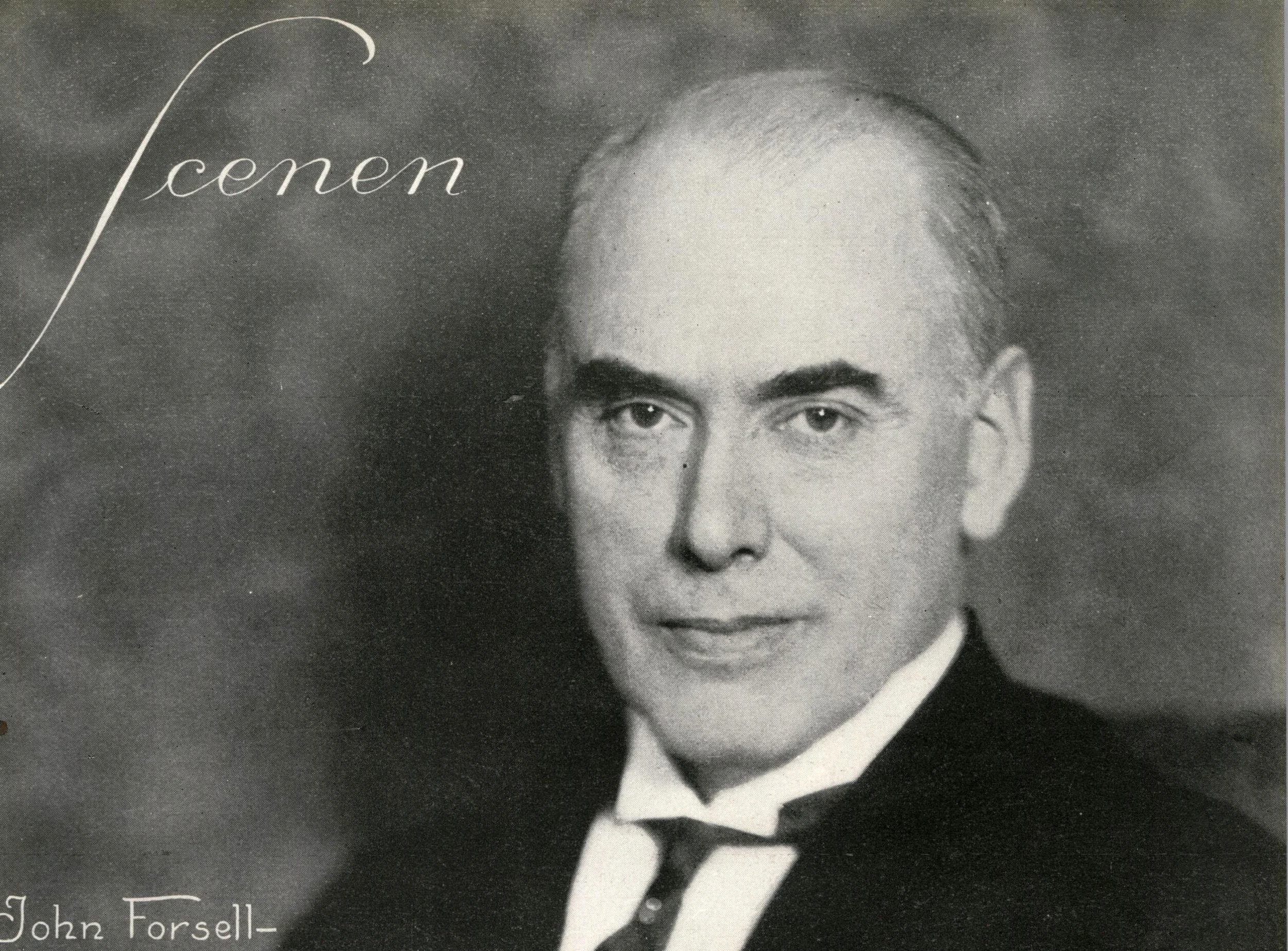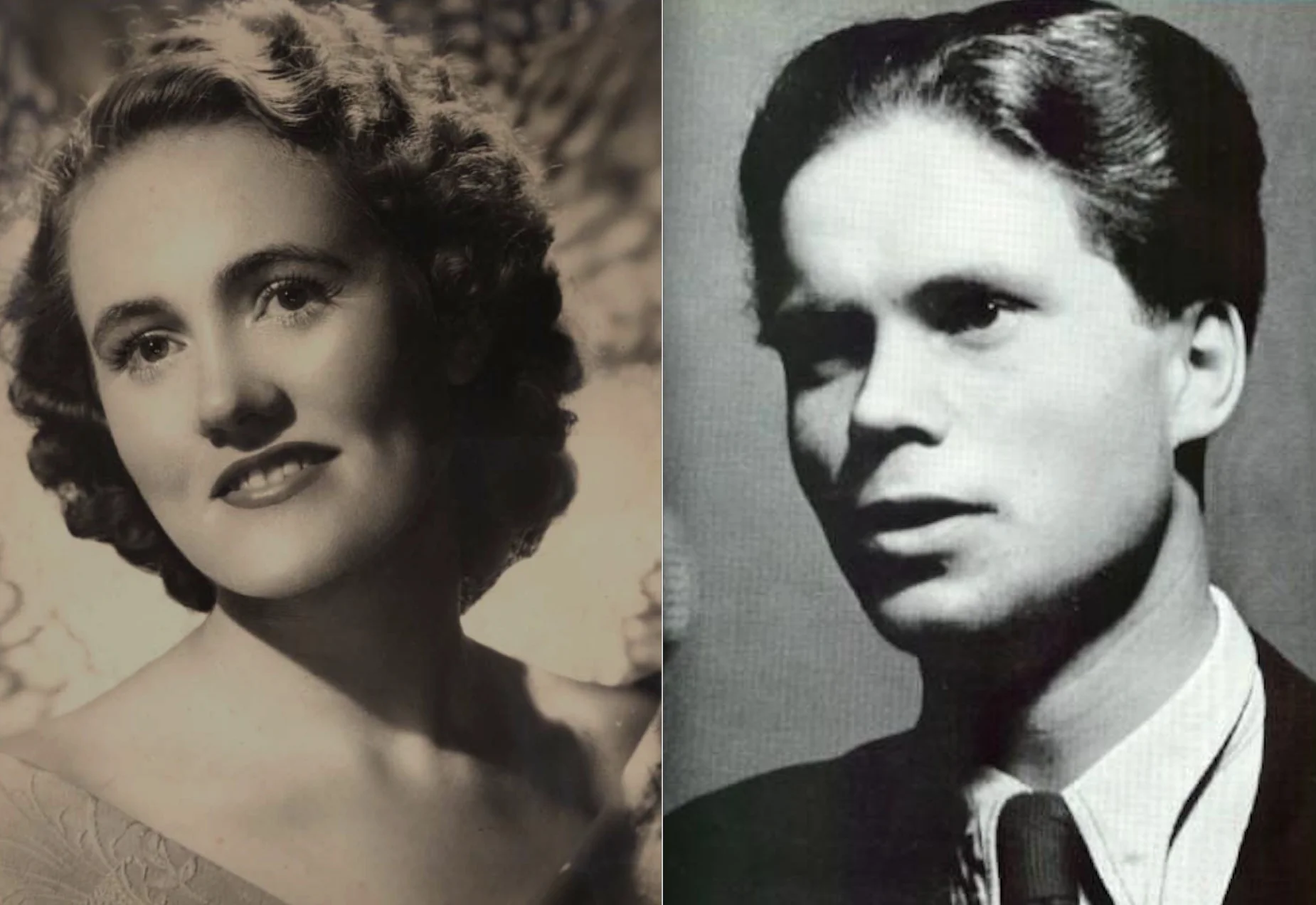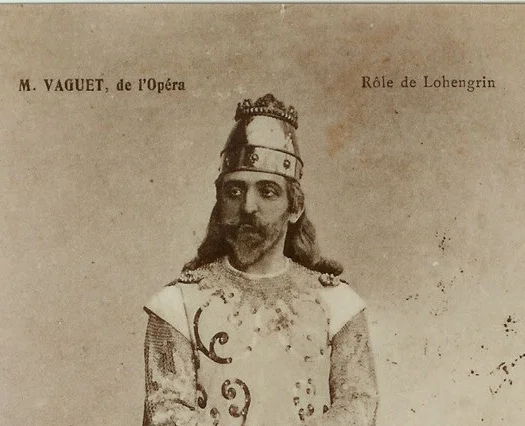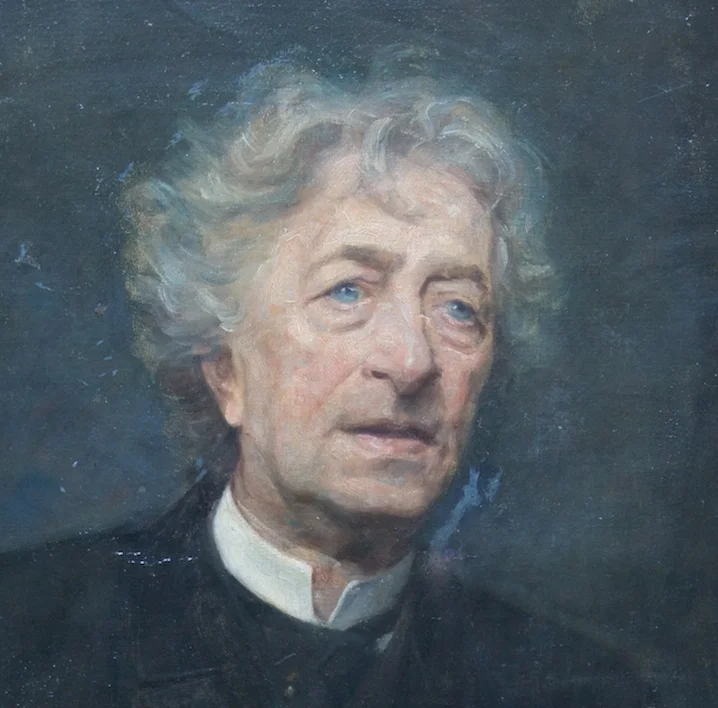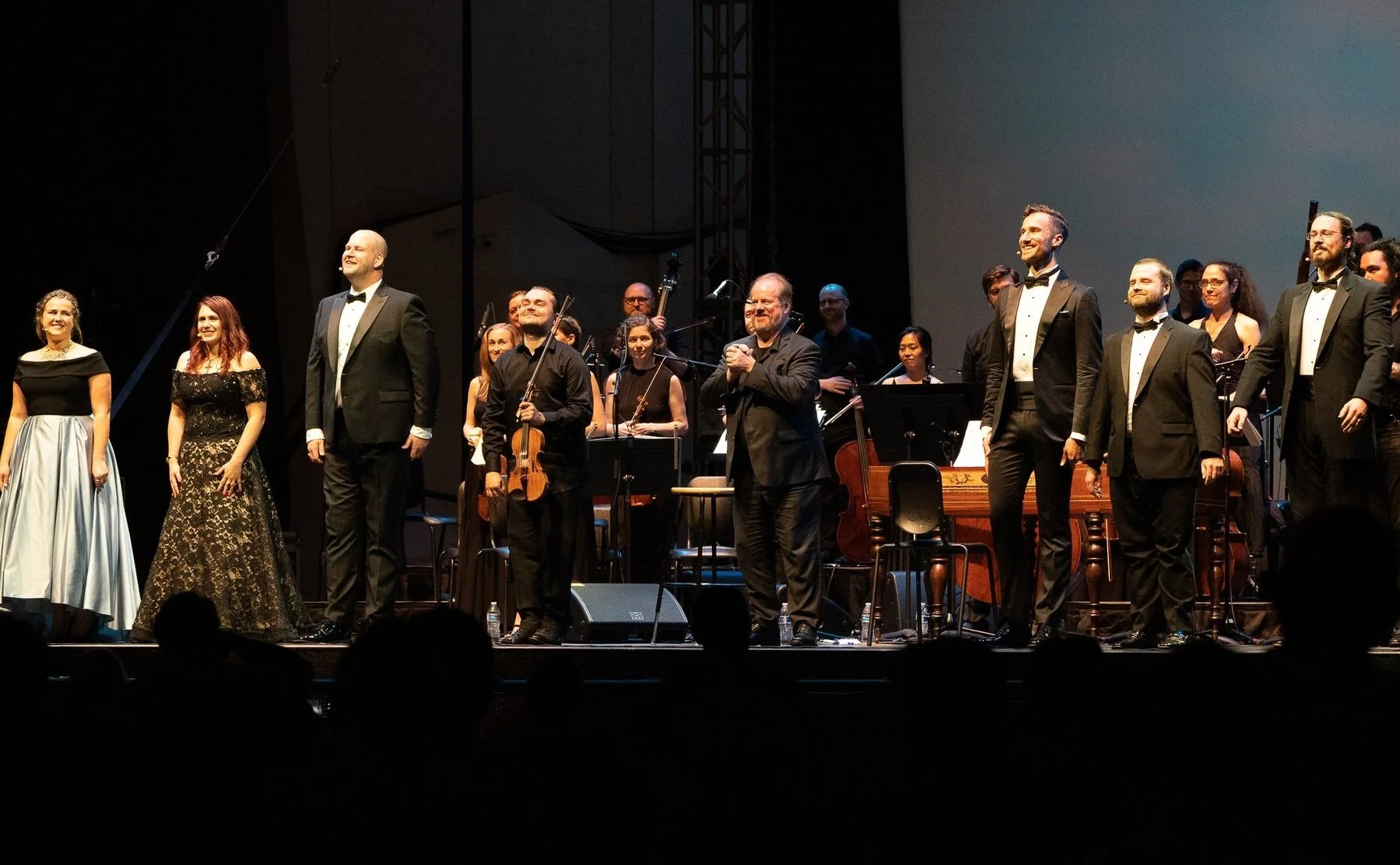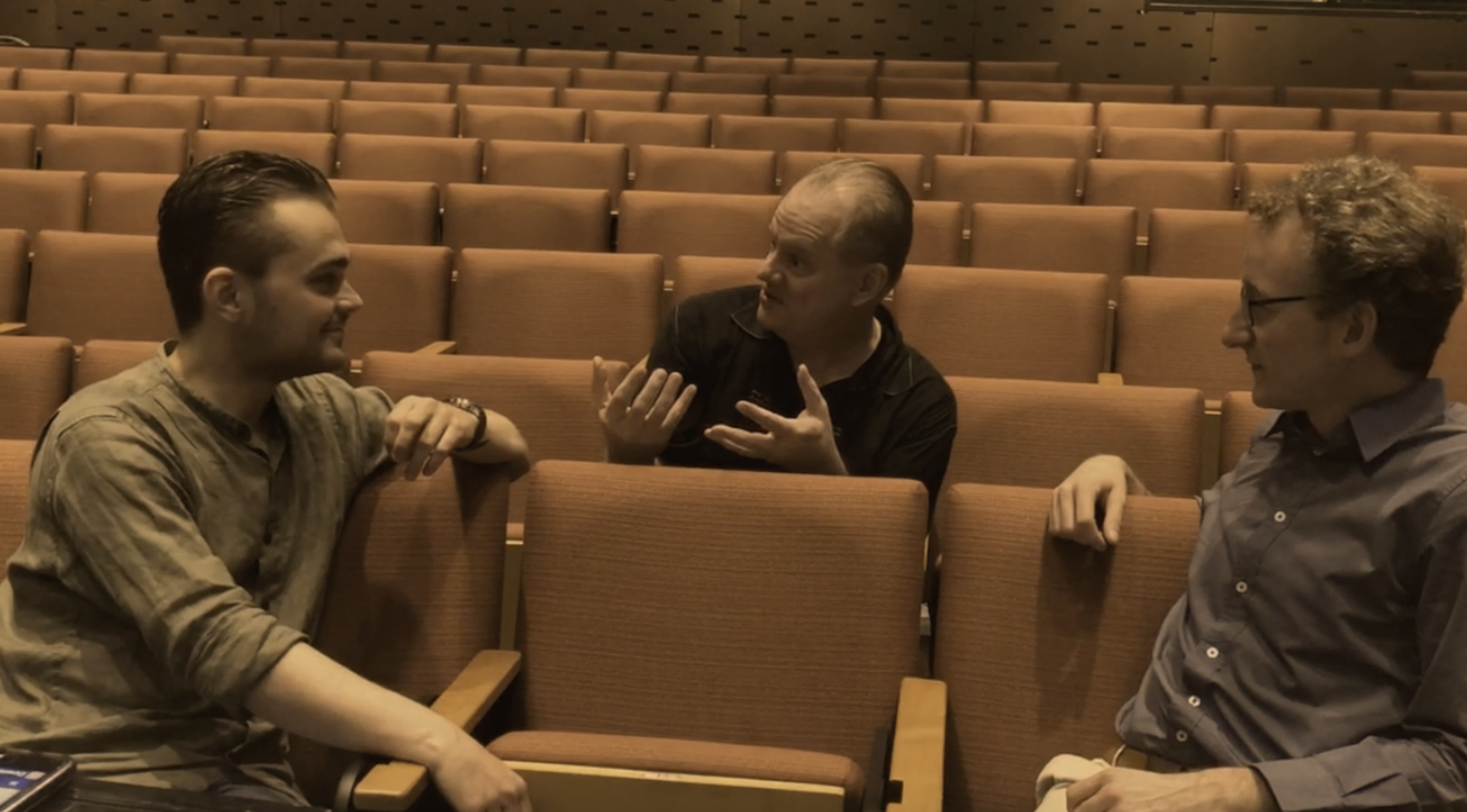A Bass for the B-Team
Cacialli, undated photo
Guido Cacialli is not a name to conjure with; few even among record collectors know it, and his career never reached the great theaters. While others sang in Milan, Rome, Naples, and Venice, he sustained leading roles in Prato, Livorno, San Gimignano, Arezzo, Cremona, Viareggio, Novi Ligure, Imola, Udine….well, the list goes on and on, as did the provincial Italian opera circuit.
Lucky provinces, though! They heard a smooth, warm bass with elegant phrasing, easy legato, and impeccable dynamic control, year after year. At a guess (from a recording, one can only guess about this), he probably did not muster the sheer power of Navarini, Arimondi, Luppi, and the visiting foreigners like Chaliapin and Didur who held the famous stages during his active years. Even in Florence, where he was born in 1872, Cacialli sang in the secondary theaters and not the Communale. But he sang beautifully.
At the time he made his little-noticed discs for the Beka label around 1905, there were at least a hundred leading-role Italian basses in career simultaneously. At least fifty left records of their voices - some were heavier, some lighter, some more declamatory and some more suave, but for their general level of vocal accomplishment, Cacialli’s example is pretty representative. So it was quite a B-team (and in an Italy whose population was only half of today’s).
Cacialli, probably as Silva in “Ernani,” Sydney 1917
Early in 1915 he joined a touring company that played in the Far East and Australia. Whether because of wartime travel fears or simply pleasure in the climate and his enthusiastic reception, he never went home. He settled his family in Sydney, sang opera there through 1920, taught at the Conservatory, and continued in concerts for another decade, a valued member of the vast Italian diaspora that brought opera to every corner of the world.
Meanwhile, Italy was full of B-list composers as well - every maestro knew how to write a romanza. One of Cacialli’s most attractive records, not listed in any known catalog, is casually described on the label as “O mia bimbetta,” of which I had never heard when I put the scratchy old disc on the turntable. Thanks to his clear diction, it was easy enough to look up the verses (actually starting “O mia bambina, io voglio idolatrarti”). They are from the maiden publication of Annie Vivanti (1866-1942), a fascinating cosmopolitan who soon abandoned poetry for a long series of best-selling novellas and stories in English and Italian. The music is by one Corrado Pavesi Negri (1843-1920), a minor nobleman and longtime professor of singing in Piacenza, where he taught an impressive list of successful artists. He certainly understood how to write for a responsive voice, and Cacialli knew how to make his voice hug a melody, especially at the unstrained climax near the end.
Annie Vivanti with daughter Vivien Chartres
Corrado Pavesi Negri giving a lesson in Piacenza
Teatro Nuovo puts great emphasis on learning from the singers who had never heard, or heard of, microphone singing - primitive recordings from more than a century ago, forming a link to the traditions of opera’s heyday and the infinite potential of the natural, unassisted human voice. Check this space regularly for samples, and click here for some pointers on how to listen.
Postscript: The few reference works that list Cacialli give his birthdate as 1874, not 1872. Some recording catalogues and theater archives spell his name “Cacciali” as well. I am resolving both questions by regarding as definitive the tombstone erected by his family after he passed away in Sydney in 1932.






































![Image 2 - Henry T. [Harry] Burleigh - Detroit Public Library.jpeg](https://images.squarespace-cdn.com/content/v1/596bb4e703596e837b624445/1591713684327-N7HW488JSZ7EN8T5AJSR/Image+2+-+Henry+T.+%5BHarry%5D+Burleigh+-+Detroit+Public+Library.jpeg)







